TIFR GS 2025 will be conducted on 08 December 2024. Its admit card will release soon. The Tata Institute of Fundamental Research Graduate School (TIFR GS) is a National level Science entrance exam organized by TIFR, also known as Tata Institute of Fundamental Research. The official website for this exam is tifr.res.in. The TIFR GS serves as the basis for admission to PhD, Integrated M.Sc-PhD in TIFR Mumbai, Pune, Bangalore, and Hyderabad campuses. You can now download the TIFR GS previous year question paper PDF, syllabus PDF, and find information about the TIFR GS result, admit card, answer key, and application form here on aglasem.com.
 Latest – TIFR GS 2025 exam date has been announced. Scroll down for more details.
Latest – TIFR GS 2025 exam date has been announced. Scroll down for more details.
TIFR GS 2025
What is TIFR GS?
The TIFR GS stands for Tata Institute of Fundamental Research Graduate School. Organized by Tata Institute of Fundamental Research (TIFR), it is the National level Science entrance exam for admissions to PhD, Integrated M.Sc-PhD in TIFR Mumbai, Pune, Bangalore, and Hyderabad campuses.
Quick Links
TIFR GS 2025 Exam Date
When will TIFR hold the TIFR GS? What is the last date to apply? When can we download TIFR GS admit card? When will TIFR GS result be out? All these questions are answered in the TIFR GS exam date calendar here at aglasem.com. However please note that Tata Institute of Fundamental Research is the official body that decides all the important dates. Therefore you should keep checking official website tifr.res.in for any changes in the schedule.
| Exam Event | Event Date |
|---|---|
| Release of application form or Start of registration | 21 Sep 2024 |
| Last date to apply for Fee Waiver Requests | 6 Oct 2024, 11:00 PM |
| Application deadline for priority in choice of test center | 13 Oct 2024 |
| Application deadline for completing Registration | 20 Oct 2024 |
| Issuance of TIFR GS admit card 2025 | Mid Nov 2024 |
| TIFR GS 2025 exam date | 08 Dec 2024 Morning Session: Physics, Chemistry, Computer Science & Learning, Information and Data Sciences: 9:00 am to 12:00 pm Mathematics (PhD at CAM) : 9:00 am to 11:00 am Afternoon Session: Biology (JGEEBILS) : 2:00 pm to 4:30 pm Mathematics (all other programs), and Science Education : 2:00 pm to 5:00 pm |
| Release of answer key | As per TIFR |
| Announcement of TIFR GS result 2025 | As per TIFR |
Important Downloads and Official Links
TIFR GS Exam – An Overview
The key details about this entrance exam are as follows.
| Exam Aspect | Aspect Information |
|---|---|
| Name of Exam | TIFR GS |
| Full Form | Tata Institute of Fundamental Research Graduate School |
| Exam Conducting Body | TIFR |
| Full Name of Body | Tata Institute of Fundamental Research |
| Level of Exam | National Level |
| Official Website of Exam | tifr.res.in |
| Courses Where Admission Is Through This Test | PhD, Integrated M.Sc-PhD |
| Colleges / Universities / Institutes Where Admission Is Through This Test | TIFR Mumbai, Pune, Bangalore, and Hyderabad campuses |
| Region Of Exam (admission to institutes in these areas are primarily through this test; does not reflect from where students can participate) | India |
| Type Of Exam | Science Entrance Exams |
TIFR GS Exam
If you have decided to appear for the Tata Institute of Fundamental Research Graduate School, then you should know the scheme of this test. The TIFR conveys all information about TIFR GS exam pattern, and syllabus. Thus you should keep checking tifr.res.in for any new updates on the same. Important points are also in TIFR GS 2025 information brochure upon its release.
TIFR GS Previous Year Question Paper
Preparing for Tata Institute of Fundamental Research Graduate School? Then you should download previous year question paper of TIFR GS to strengthen your preparation. Important points are as follows.
- The TIFR GS question paper are the set of papers that were actually used in past year exams.
- By solving them, you get a good idea of what type of questions to expect in TIFR GS 2025 exam.
- Moreover you can download TIFR GS previous year question paper PDF from aglasem.com to practice at anytime as per your convenience.
TIFR GS 2025 Registration / Application Form
Now if you have decided to appear in Tata Institute of Fundamental Research Graduate School, then the first thing to do is to fill its form. Here are the key things to note.
- When and Where To Apply: Please refer to the complete TIFR GS 2025 notification and brochure issued by Tata Institute of Fundamental Research for the exact details. You can find the application link and guidelines on tifr.res.in.
- Last Date: The deadline for submitting the TIFR GS form is specified in the notification by TIFR. It is recommended not to wait until the last date to fill out the Tata Institute of Fundamental Research Graduate School form to avoid rushing and making hasty mistakes. Additionally, keep checking tifr.res.in for any deadline extensions.
- How to Apply: The official website, notification, and brochure provided by the exam conducting body TIFR will contain detailed instructions for the application process. In the TIFR GS application form for 2025, ensure that you accurately enter your personal details, educational qualifications, and choices. Also, ensure that you meet the eligibility criteria for Tata Institute of Fundamental Research Graduate School before registering.
TIFR GS 2025 Admit Card
Then once you apply, you need the TIFR GS 2025 hall ticket. Most important details of the same are as below.
- Release Date: The admit card for the TIFR GS exam 2025 by TIFR will be released shortly before the exam. Stay updated with the dates table above and the official website tifr.res.in for the precise release date.
- Download Link: Once Tata Institute of Fundamental Research releases the TIFR GS 2025 admit card online, the download link will be available on the official website tifr.res.in. Keep checking the website regularly for updates.
- How to Download: Refer to the official guidelines from TIFR for the specific instructions on obtaining the TIFR GS admit card. Typically, you will need to visit tifr.res.in, click on the admit card download link, and provide TIFR GS 2025 login details.
TIFR GS 2025 Answer Key
Appeared for Tata Institute of Fundamental Research Graduate School and now eager to know your marks? Read the following to know all about answer key.
- The TIFR GS answer key 2025 refers to the correct answers of TIFR GS 2025 question paper.
- Usually just after the exam, you can check answer key of TIFR GS by coaching centers, and teachers.
- As and when Tata Institute of Fundamental Research releases TIFR GS answer keys, you can download them at tifr.res.in to match your answers.
- Your marks in exam are only as per TIFR GS 2025 official answer key.
TIFR GS 2025 Result
As soon as TIFR GS exam ends, you immediately get curious about the result. Here are the most important points about it.
- Result date: The TIFR decides TIFR GS 2025 result date. You can check the latest result date above in the TIFR GS dates calendar. Also keep checking tifr.res.in for any new updates on the same.
- Result link: You can get the direct link to check TIFR GS results at tifr.res.in. Keep your login credentials given by Tata Institute of Fundamental Research, ready, to access it.
- How to check result: As soon as TIFR announces result, you need to click the TIFR GS result link. Then enter login credentials that you got when you applied for the Tata Institute of Fundamental Research. If you have lost any username or password, pls use recovery process given at tifr.res.in. Then use the login details to enter in the TIFR GS result check form. Immediately, you will see your TIFR GS result.
- What it conveys: The result contains your personal details as you filled in TIFR GS registration. Plus it contains scores, marks, TIFR GS 2025 rank (if applicable). It may contain other details as decided by TIFR. Read the instructions in your TIFR GS result / score / rank card carefully to know what to do next for counselling and admission.
- Significance: Your TIFR GS result 2025 forms your gateway for admissions to these institutes – TIFR Mumbai, Pune, Bangalore, and Hyderabad campuses, and these courses – PhD, Integrated M.Sc-PhD; depending on your eligibility and choices filled.
TIFR GS 2025 Syllabus
A key aspect of TIFR GS exam preparation is to know the syllabus. Here is what you should note.
- The TIFR provides the TIFR GS syllabus.
- It refers to the list of subjects, and topics from which questions are asked in TIFR GS 2025 question paper.
- You should study all topics to get good marks in Tata Institute of Fundamental Research Graduate School.
- However if you have less time, then you can refer the TIFR GS chapter wise weightage to get an idea of which topics are most asked from.
TIFR GS 2025 Cut Off
What is TIFR GS cut off?: The cut off of TIFR GS can refer to two things: (1) minimum marks to qualify TIFR GS; and (2) last rank at which one can get admission through TIFR GS.
- As far as minimum qualifying marks is concerned, please refer notification and brochure by Tata Institute of Fundamental Research to know the same, if any.
- The cut off rank for TIFR GS can be known from previous year admission details.
The TIFR GS cut off – last rank / score for admission – changes every year. This year it will depend on following factors:
- Difficulty level of TIFR GS 2025 exam.
- Average performance of students.
- Number of students who appear in TIFR GS in 2025.
With the past year cut off of TIFR GS, you can get a good idea that till which rank one can get admission in PhD, Integrated M.Sc-PhD in TIFR Mumbai, Pune, Bangalore, and Hyderabad campuses.
If you have any questions about the TIFR GS 2025, then please ask in comments below. And if you found this page to be useful, please share!
To get exam alerts and news, join our Whatsapp Channel.
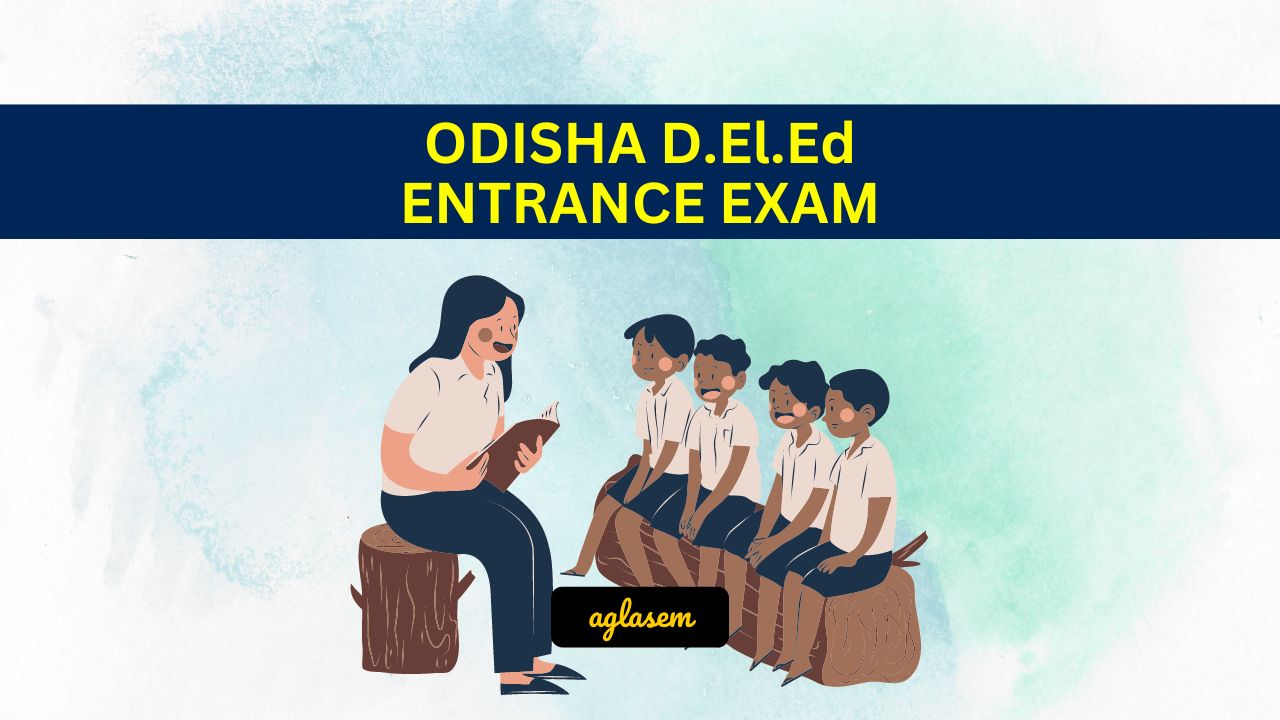
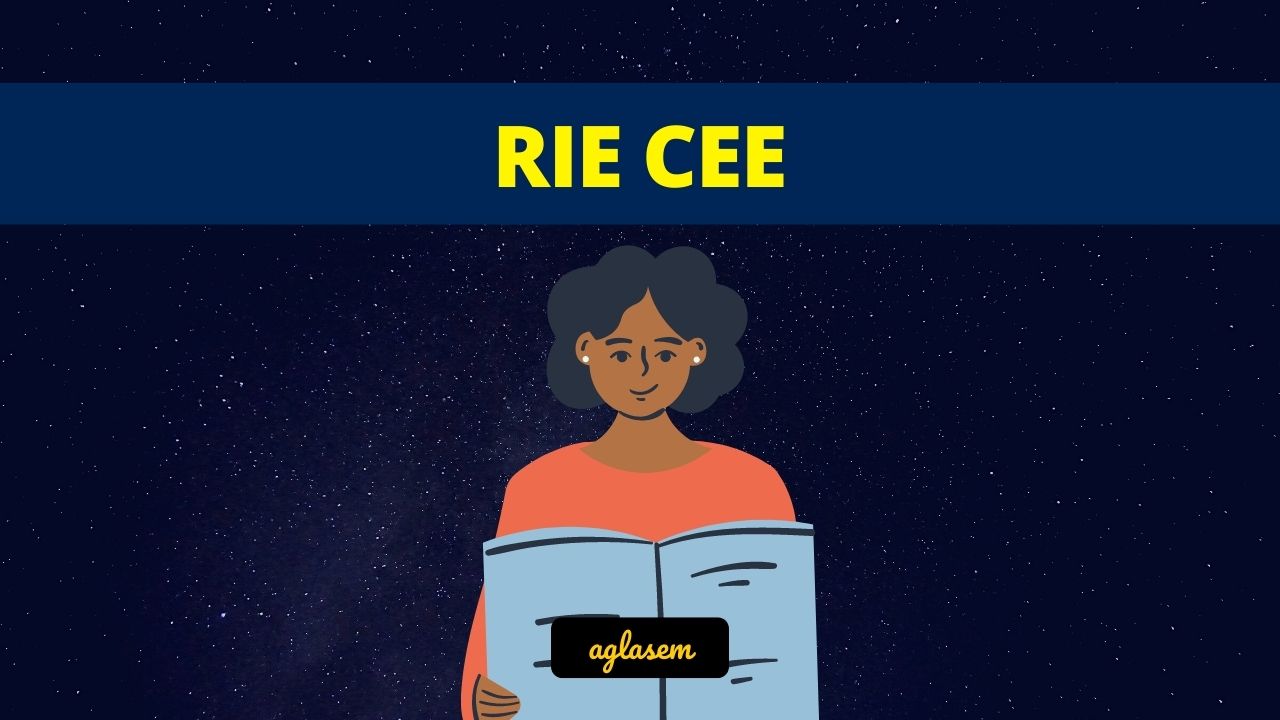
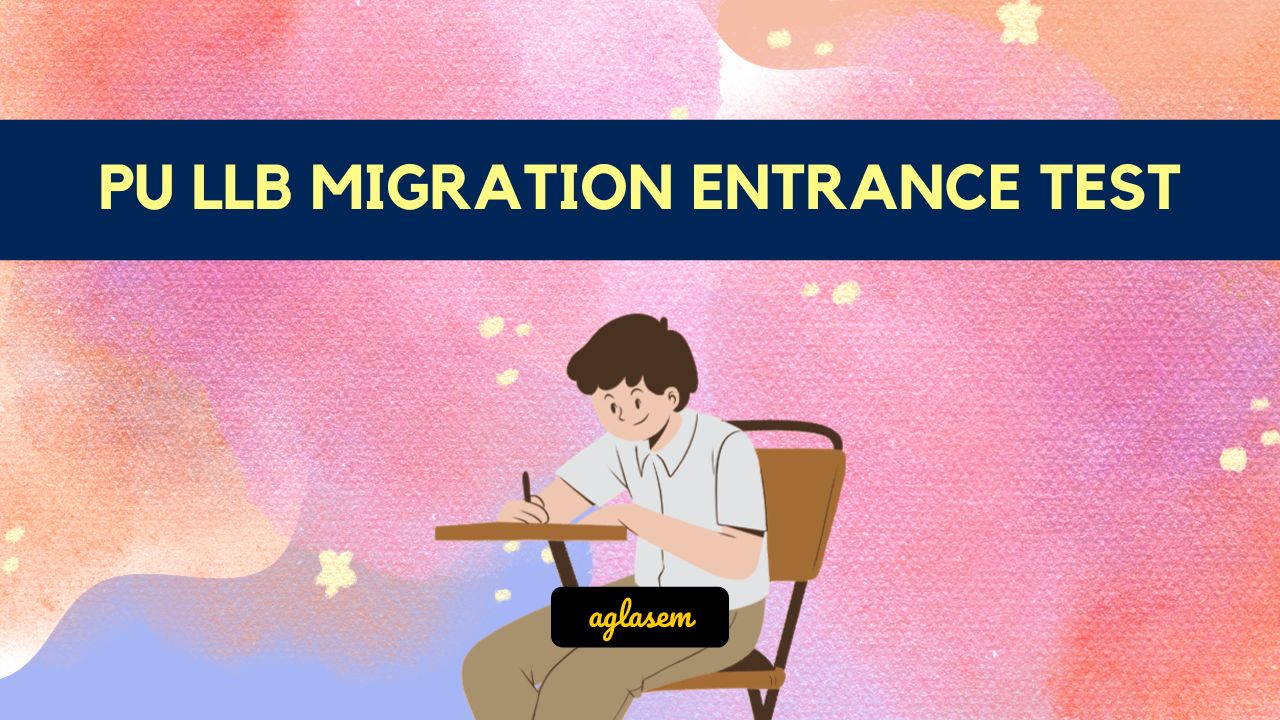
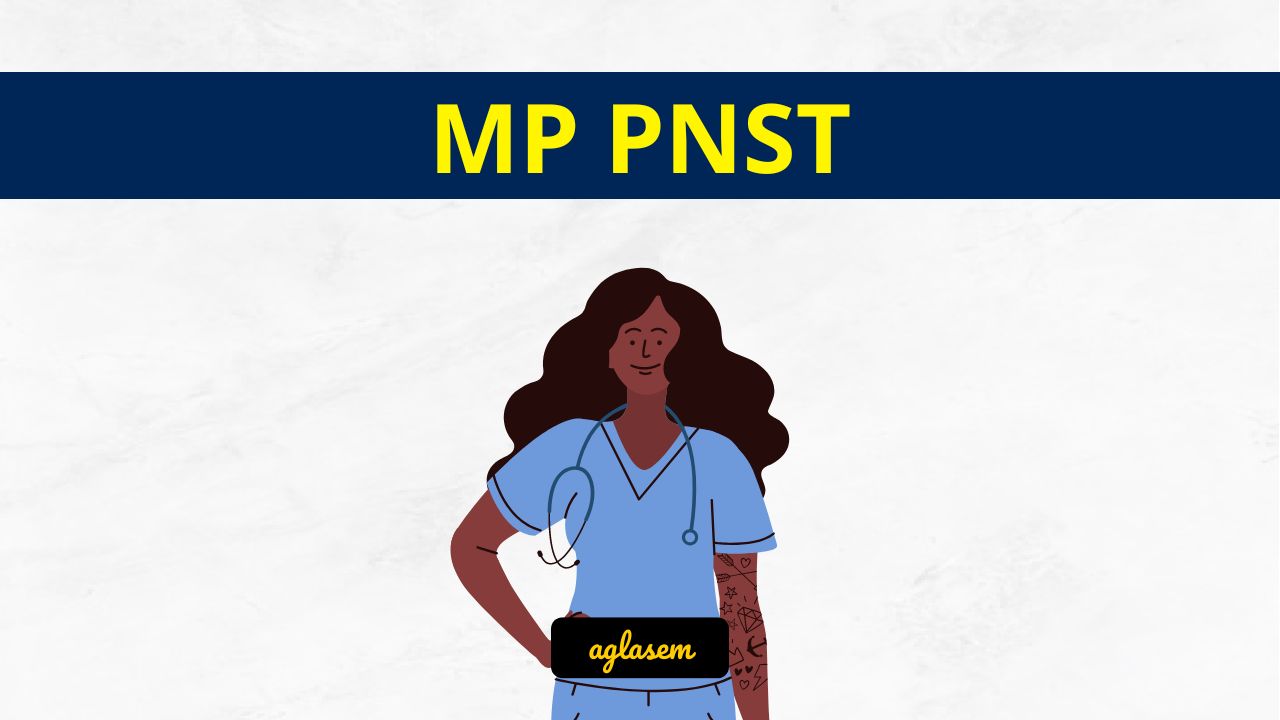
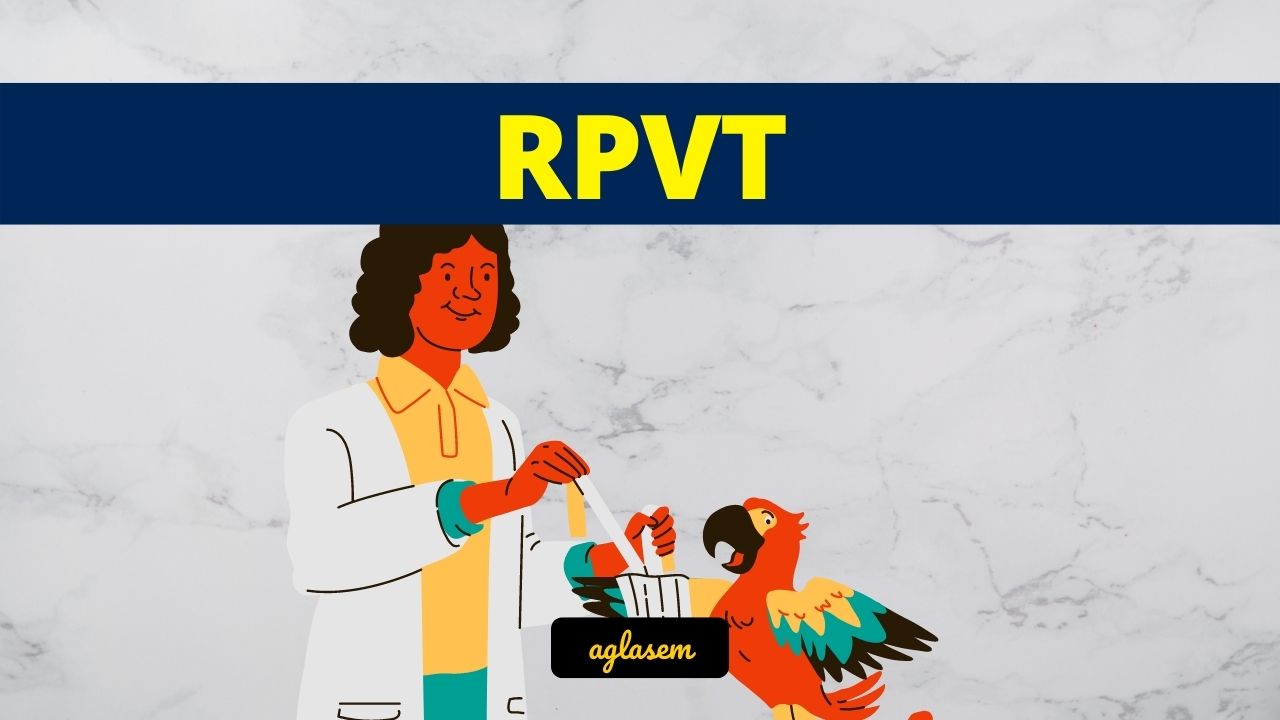

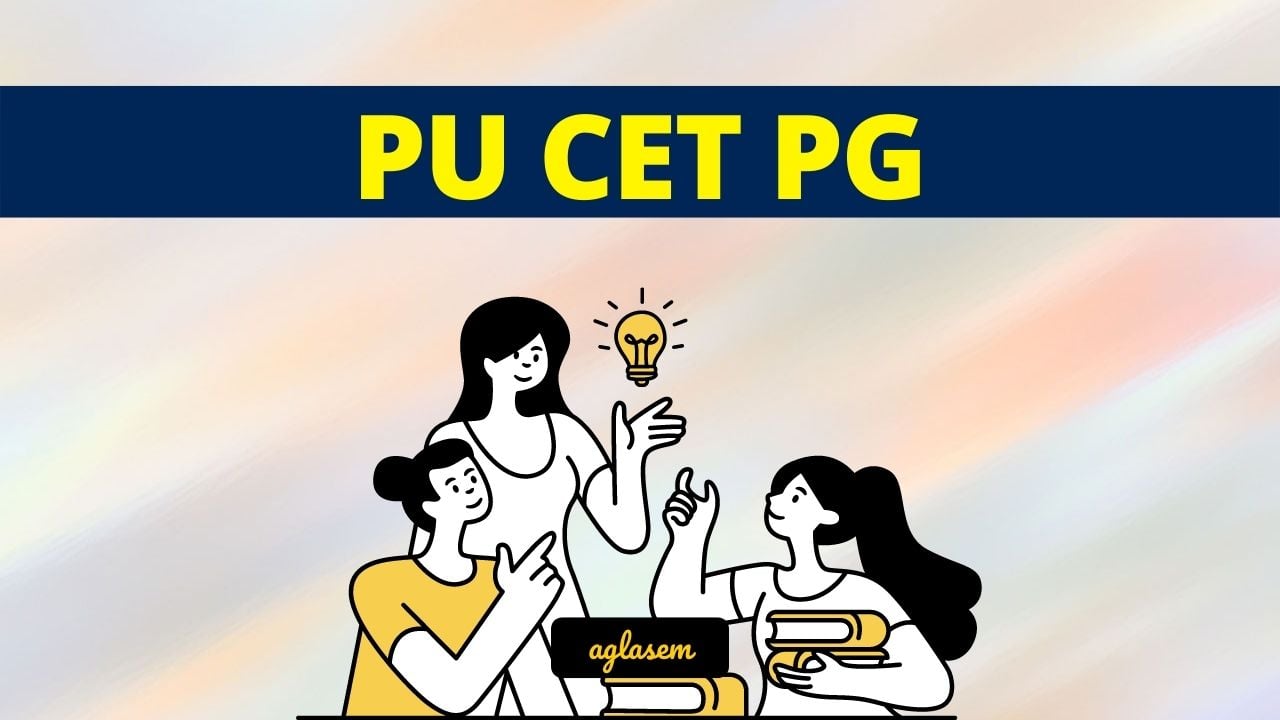
can i appear for both tifr physics and jgeebils?